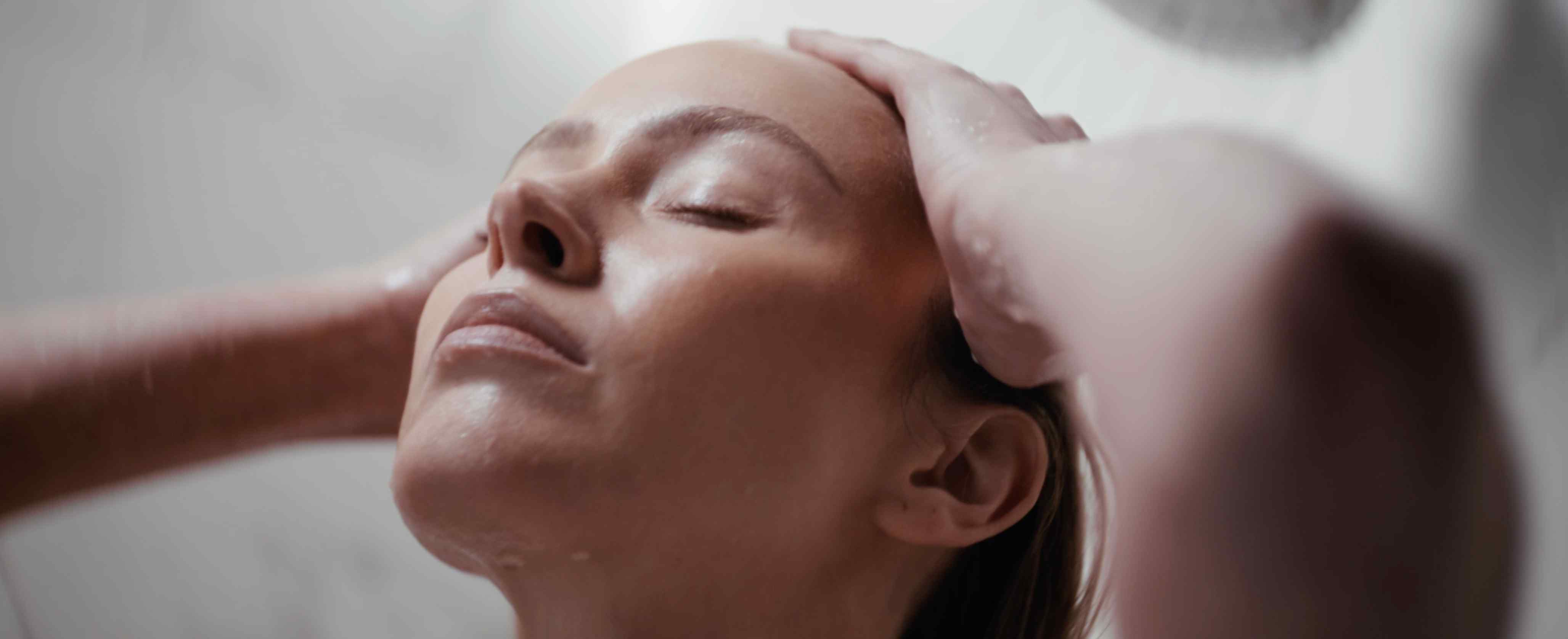Sleep is one of the body’s most powerful natural healing tools. Yet, in today’s world, true rest can feel elusive. Many people find themselves lying in bed, staring at the ceiling, unable to quiet a busy mind or settle into a rhythm of deep sleep. Modern living brings with it an overload of screens, constant notifications, and the hum of everyday stress, all of which can make it difficult for the nervous system to fully relax. One growing area of interest in wellness is the use of sensory deprivation—commonly experienced in float therapy—as a way to support better rest, balance, and recovery. At Altered States Wellness, float therapy is offered as part of an integrated approach to helping the body and mind recharge in ways that naturally complement quality sleep.
Why Sleep Matters More Than We Realize
Sleep is more than just a daily pause; it is a time when the body recalibrates. Brain activity reorganizes, stress hormones regulate, and physical repair takes place. Without enough quality sleep, even the best diet and exercise routine may feel less effective. Yet, many people today suffer from what’s often called “sleep debt,” where the body never fully catches up on lost rest.
Restorative sleep isn’t simply about hours spent in bed. It’s about moving through the different stages of sleep—light, deep, and REM—in a way that leaves the body feeling refreshed upon waking. Environmental factors such as noise, artificial light, and stress can disrupt this cycle. That’s why practices designed to quiet the senses are becoming increasingly popular as tools for resetting sleep patterns.
The Science of Sensory Overload
Humans are not built to handle the constant stimulation of modern environments. Every sound, image, and notification adds to a steady stream of sensory input. The nervous system works tirelessly to filter, respond, and adapt to this barrage of information, often staying in a heightened state of alert even when we want to rest. This over-activation makes it harder to wind down before bed.
When the nervous system is in overdrive, the body releases more stress hormones like cortisol, making it difficult to enter the calmer states required for deep sleep. This is one reason why many people report lying awake at night, feeling mentally alert even when physically tired. Creating intentional pauses from sensory input during the day can help shift the body into a more restful state that naturally supports nighttime sleep.
What Sensory Deprivation Does for the Mind and Body
Sensory deprivation—experienced through practices like floating in a dark, quiet tank filled with warm, buoyant water—removes the constant stream of outside stimulation. With no lights, no sounds, and minimal physical sensation, the body enters a rare state of rest that’s difficult to achieve in daily life.
In this environment, brainwave activity often slows down. Studies show that floating can lead to brainwave patterns resembling those seen during early stages of sleep and deep meditation. This doesn’t mean the body is asleep, but rather that it enters a state where rest and recovery are prioritized.

The absence of external demands allows the nervous system to shift from “fight or flight” into “rest and digest.” This shift has ripple effects: muscles release tension, the mind quiets, and the body feels more balanced. Many people describe emerging from a float session with a sense of lightness, mental clarity, and a unique calm that carries into bedtime.
Floating and the Sleep Cycle
One of the most compelling aspects of sensory deprivation is its ability to influence how easily people transition into sleep. Research on float therapy has noted improvements in sleep quality and duration in individuals who practice it regularly. By giving the body a break from stimulation, floating may help recalibrate the circadian rhythm, the body’s internal clock that regulates when we feel tired and when we feel awake.
Another area of connection lies in the nervous system’s ability to release accumulated stress during a float. Stress is one of the most common disruptors of sleep. People who struggle to let go of the day’s thoughts often find themselves waking in the night or tossing and turning. Floating offers an opportunity to “rehearse” relaxation in a deep way, making it easier for the body to repeat that pattern when lying in bed.
Beyond Sleep: Daytime Energy and Mental Clarity
A night of poor sleep rarely ends when the alarm clock rings. The effects carry into the day with foggy thinking, mood fluctuations, and low energy. Sensory deprivation doesn’t only benefit sleep at night; it also helps create a foundation for better daytime energy. By allowing the brain and body to reset, floating can restore mental clarity and reduce feelings of fatigue that often follow restless nights.
This connection between daytime alertness and nighttime rest works in a loop. The more balanced and calm the nervous system feels during the day, the more prepared it is to slip into deep rest at night. In this way, sensory deprivation creates not only better sleep, but also a more refreshed, energized state of being overall.
Creating a Sleep-Supportive Lifestyle
Float therapy can be a powerful addition to a wellness routine, but it works best when paired with other simple practices that prepare the body for rest. Sleep hygiene—a term used to describe healthy sleep habits—is essential for those seeking deeper rest.
A few accessible approaches include:
- Keeping a consistent sleep schedule to train the body’s circadian rhythm.
- Reducing exposure to screens before bed to minimize blue light disruption.
- Creating a bedroom environment that is cool, dark, and quiet.
- Engaging in calming rituals like reading, journaling, or gentle stretching before sleep.
When combined with sensory deprivation, these practices strengthen the body’s ability to enter restorative sleep cycles more reliably.
Listening to the Body’s Signals
The body often sends signals when it needs deeper rest—daytime drowsiness, irritability, or trouble concentrating are common cues. Responding to these signals with supportive practices like floating, meditation, or mindful breathing helps restore balance before exhaustion sets in. By tuning into these cues rather than pushing past them, we create an environment where quality sleep comes more naturally.
Closing Thoughts
Sleep is one of the most essential aspects of wellness, yet it remains one of the most disrupted in modern life. Sensory deprivation provides a way to step out of constant stimulation and reset both the mind and body in a way that naturally supports rest. Whether through float therapy or other calming practices, creating intentional spaces for stillness can lead to more restful nights and brighter, more energized days.
By embracing practices that support the nervous system’s need for calm, we can strengthen the connection between daily stress release and nightly rejuvenation—bringing sleep back to its role as a true source of restoration.




